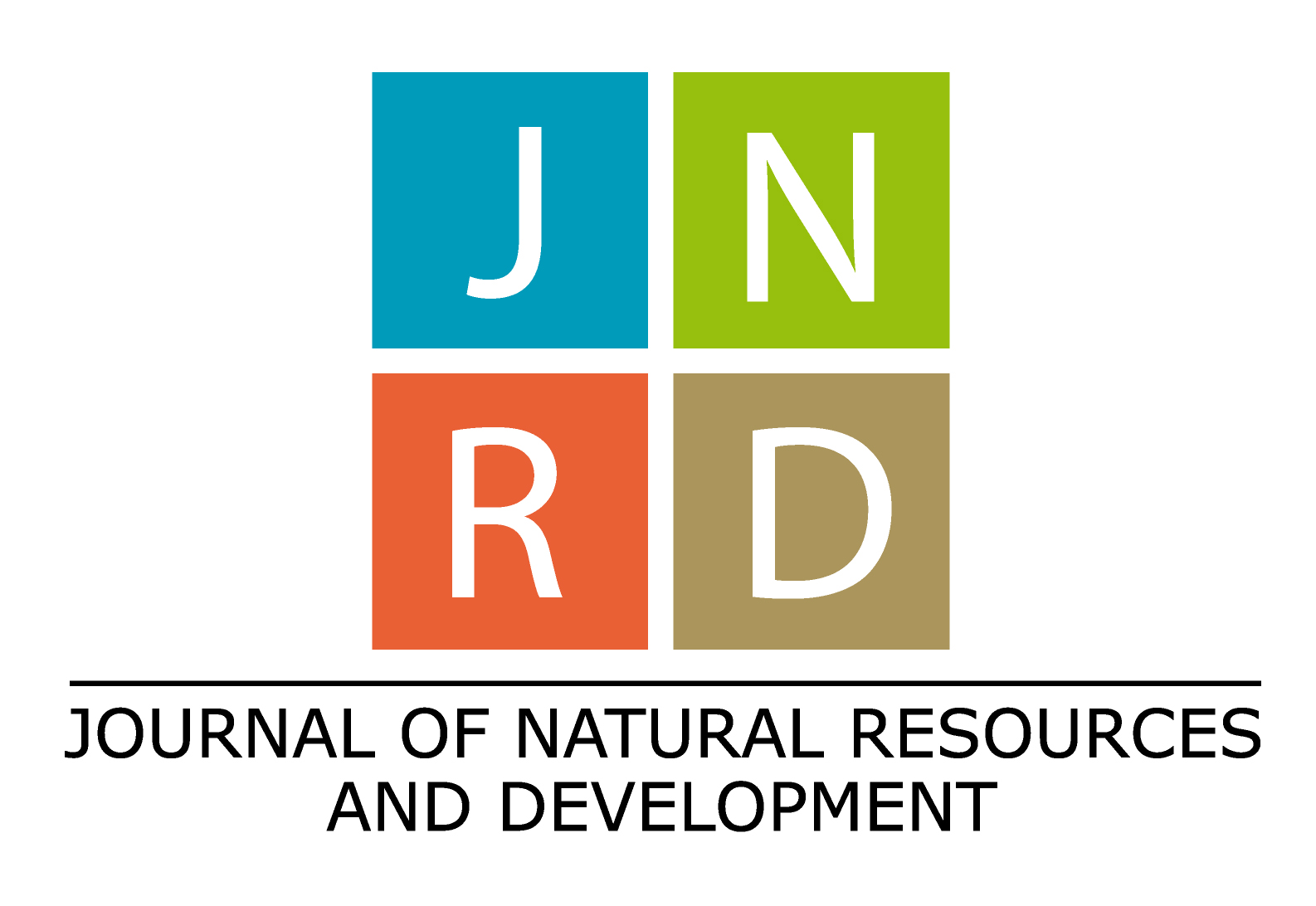Prosociality and proenvironmentalism as components of sustainable behavior: toward an integrated approach to sustainability education
Main Article Content
Abstract
The concept of sustainable development includes three interdependent and mutually reinforcing pillars: economic development, social development and environmental protection [1]. Below, we provide arguments that proenvironmentalism and prosociality are components of a broader behavior, named “sustainable behavior”. We thus suggest that traditional emphasis of environmental education on protecting and/or preserving the environment may be reinforced with prosocial education. Such a combined educational approach can promote sustainable behavior, contributing to multi- and inter-disciplinary efforts to create an ecologically, socially and perhaps even economically sustainable society.
Proenvironmental behavior is defined as actions which contribute towards environmental preservation and/or conservation [2]. In turn, prosocial behavior is defined as voluntary behavior intended to benefit others or promote harmonious relationship with others [3], [4]. Previous studies demonstrate correlations between proenvironmental and prosocial behavior [5], [7]. For example, Joireman et al. [8] found an association between prosociality and the use of public transport, which has a lower impact on the environment, in comparison to the use of individual motorized transport. Furthermore, [5] and [6] empirically demonstrated that prosociality and proenvironmentalism are components of a broader behavior, which they called “sustainable behavior” since it includes actions aimed at protecting both the natural and the human (social) environments.
With regards to the environmental aspects of sustainability, some authors suggest that “environmental problems” are actually problems of human behavior [9]. The first definition of environmental education [10] emphasized the importance of educating the general public about taking action to solve environmental problems. Based on the in-depth analysis of [11], the main emphasis of environmental education is limited to the protection and/or preservation of the environment, while education for sustainable development (or sustainability education) is usually defined as a tool for achieving sustainable development [12].
Prosocial education aims at educating people to share with acquaintances and strangers, to make friends, to work cooperatively, and to develop a sense of self as a moral person [13]. The term “prosocial education” is actually an umbrella concept since it conceptually overlaps with other terms, such as soft-skills development, social-emotional learning, whole child education, service learning, civic education, character education and moral education [2]. Schonert-Reichl & O’Brien [14] reviewed several social-emotional learning programs that have empirical evidence to support their effectiveness, demonstrating that it is possible to promote prosocial behavior through creating a prosocial classroom environment, which emphasizes caring for others, mutual respect and cooperation. Prosocial education could help to gradually bridge this gap of “otherness,” with the aim of helping students overcome alienation, emerging from oneself towards the other by learning to be concerned for the other as we are concerned for ourselves [15].
Since on the individual level prosocial and proenvironmental behaviors are parts of the same behavior, prosocial and environmental educational approaches can reinforce each other. Thus, we suggest that the traditional emphasis of environmental education on protecting and/or preserving the environment could be reinforced with prosocial education. Such a combined educational approach would promote sustainable behavior, contributing to multi- and inter-disciplinary efforts to create an ecologically and socially sustainable society.
With regard to the economic aspect of sustainable development, some leading economists [16], [17] claim that the current economic system requires the installation of a more social aspect in order to manage today’s interconnected reality. To prevent the enormous damage that is caused to the community as a whole by behavior triggered by fierce economic competition [18], there is a need to react educationally. One possible reaction may be to promote prosocial educational approaches that aim to increase our sense of responsibility towards others. Since the economy is considered a reflection of our relationships [19], the economy might perhaps adjust itself if we change our perception of others and our sensitivity toward others by promoting prosocial educational approaches.
One of the biggest paradoxes of contemporary reality is that on the one hand, people, corporations and nations are being increasingly tied together in complex global networks, but on the other, human interactions within these networks are becoming more fragmented, alienated and in many cases motivated by self or local interest [19]. Perhaps the collision between these two opposite tendencies is one of the main reasons for the escalation of the financial crisis worldwide. As the contradiction between our interconnectedness and the nature of human interactions widens – so widens the crisis [20].
In summary, prosocial education could not only reinforce environmental education but also contribute significantly to financial and economic sustainability, by cultivating in students a more socially oriented attitude to the world. This in turn can result in sustainable behavior in local and global social networks [21], [22]. Such an approach is aligned with the proposals of UNESCO [23] that promote the Decade of Education for Sustainable Development, stressing that education must provide specific skills, such as learning to live together.
Article Details
Issue
Section

This work is licensed under a Creative Commons Attribution-NonCommercial-NoDerivatives 4.0 International License.

